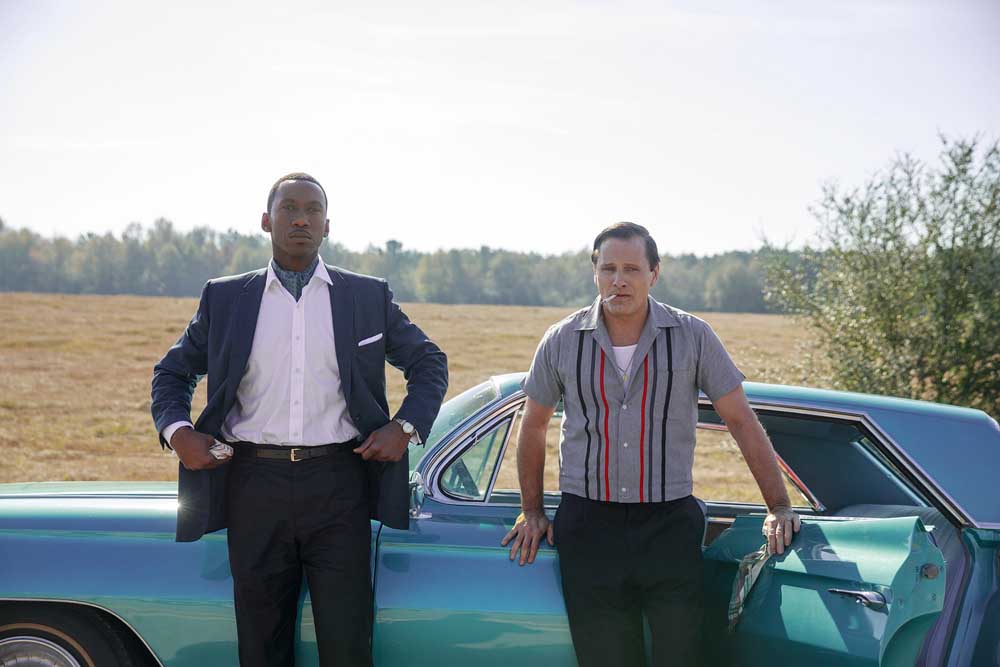MOVIES: ‘Green Book’ highlights an unlikely friendship in the 1960s South
Published 2:00 pm Wednesday, January 9, 2019

- Mahershala Ali, left, and Viggo Mortensen star in "Green Book." (Courtesy)
A magical thing about cinema is that takes a topic no one wants to talk about and wraps it in a nice, easy-to-swallow package that eases audiences into a conversation.
The subject of racism in America has been material for movies of varying subtlety and anger since at least the 1960s. The latest movie to address the topic is the comedic-drama and biopic “Green Book.”
Trending
Rating: ****1/2 (out of 5)
“Green Book” takes its name from a real book that was once available for African-Americans to find safe, welcoming lodging and businesses. The story is inspired by the real friendship between Tony “Lip” Vallelonga (Viggo Mortensen) and Dr. Don Shirley (Mahershala Ali).
Tony is an employee of the Copacabana Club in New York, where he handles “public relations.” He’s a street guy, reminiscent of a character ripped from a Martin Scorsese film, and more than a little prejudiced.
When the club shuts down for renovations, Tony finds work as a driver for Dr. Don Shirley, a classically trained jazz pianist, ready to embark on an eight-week tour through the Deep South.
Dr. Shirley is African American and plays for audiences that welcome him to come and perform, but also treat him like an unequal human.
Dr. Shirley and Tony initially clash. As they make their way through the South, the pair form an understanding and friendship.
Trending
“Green Book” is directed by Peter Farrelly, who is best known for “Dumb and Dumber” and “There’s Something About Mary.”
Farrelly is the latest filmmaker of dumb, gross-out comedies to jump on the Oscar bait bandwagon. This picture is easily the best thing he’s done in 20 years.
The bulk of the film hangs on the dynamic between Mortensen and Ali. Both are fantastic. Mortensen hasn’t been this good since he worked with David Cronenberg (“A History of Violence,” “Eastern Promises”). Ali, whose star has been on the rise since his role in “Moonlight,” shows his fantastic range.
“Green Book” is simultaneously a feel-good movie and a reminder of a past that we can’t forget, especially when many of the same battles are still being fought.
It’s also surprisingly funny at times, which no doubt comes from Farrelly.
“Green Book” deals with racism in a less blunt way than “Blackkklansman” and without the weirdness of “Sorry to Bother You.” That’s not to downplay this film. The filmmaking of all three are superb.
The difference between “Green Book” and “Blackkklansman” is that the audience of “Blackkklansman” leaves fired up and angry while the audience of “Green Book” leaves uplifted.






